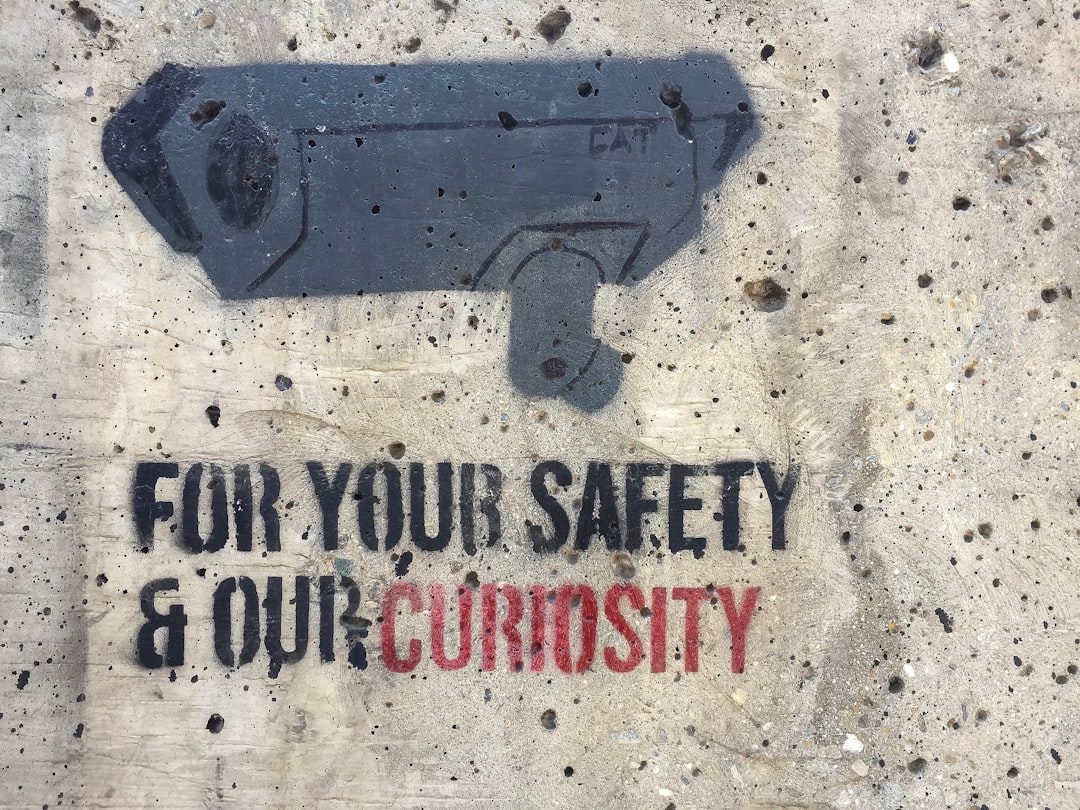In today’s competitive job market, crafting the perfect resume or cover letter can significantly affect your chances of landing an interview. With the rapid rise of AI writing tools like ChatGPT, many job seekers are turning to artificial intelligence for help. While these tools can produce polished and professional content almost instantly, a growing question among recruiters and HR professionals is: Can ChatGPT-generated content be detected in a job application? This article explores the capabilities and limitations of AI-generated content in job applications, and whether its use can be identified.
Why Job Seekers Use ChatGPT
ChatGPT offers an efficient way to generate compelling written content. Its ability to mimic a human tone and structure responses well has made it popular for:
- Creating impactful resumes
- Drafting tailored cover letters
- Answering job application questions
- Preparing case study responses or portfolios
Using AI for these tasks can save hours of work and reduce the stress that often accompanies job hunting. But despite these benefits, there’s a growing awareness and concern on the employer side regarding the authenticity of AI-written content.
Can Employers Detect ChatGPT Content?
The short answer is: sometimes. AI-detection tools are evolving alongside generative AI like ChatGPT. These detectors analyze content for patterns that suggest non-human authorship. Here’s how detection usually works:
- Repetitive sentence structure: AI-generated text may display less variability in sentence length or syntax.
- Overly polished language: ChatGPT tends to use grammatically perfect and jargon-rich language that may not match the applicant’s experience level.
- Lack of personal anecdotes: AI struggles with injecting true-to-life examples or stories that only a human could provide.
Some popular AI detectors include OpenAI’s own detection tools, Turnitin, GPTZero, and others. However, many of these are not foolproof. The technology behind AI detection is still developing, and false positives (marking human writing as AI) and false negatives (failing to detect AI-generated content) are possible.

How Recruiters Might Spot AI-Generated Applications
Beyond automated tools, experienced recruiters can sometimes sense AI-written materials simply by reading them. They might notice:
- Generic tone: The content lacks a clear voice or personal touch.
- Mismatch in experience: The language may paint the applicant as overly qualified or too eloquent given their background.
- Responses that don’t align: Inconsistent messaging between resume, cover letter, and interview answers.
In some cases, candidates using AI to prepare answers for pre-interview questionnaires might stumble during live interviews when asked to elaborate on what they wrote. This lack of consistency raises red flags for hiring managers.
Best Practices When Using ChatGPT
While using ChatGPT isn’t inherently dishonest, transparency and customization are crucial. Here are some best practices to ensure your application remains authentic and effective:
- Edit generated content: Use the AI output as a draft and add your own personality, experiences, and voice.
- Fact-check everything: Ensure all claims in your application are accurate and can be defended in an interview.
- Use it as a brainstorming tool: Rather than copying content outright, let ChatGPT inspire ideas and structure.
Employers value authenticity, and humanizing your application—even if AI-assisted—can set you apart from applicants who simply paste in automated responses.
The Ethical Debate
There’s an ongoing debate about the ethics of using AI in job applications. Some argue that applicants have every right to use tools at their disposal, just like spellcheck or resume templates. Others counter that over-reliance on AI can misrepresent skills or intent. As AI becomes more integrated into professional life, rules and expectations may shift.

Conclusion
Ultimately, while detecting ChatGPT in job applications is possible in some cases, it’s not yet a guarantee. The key takeaway for job seekers is to use AI tools wisely and maintain authenticity. These tools can be incredibly helpful in overcoming creative blocks or formatting issues—but they work best when combined with your own knowledge and experiences. As both AI writing tools and detection methods evolve, the job application landscape will continue to change. Staying informed, adaptable, and honest will always be your best strategy.